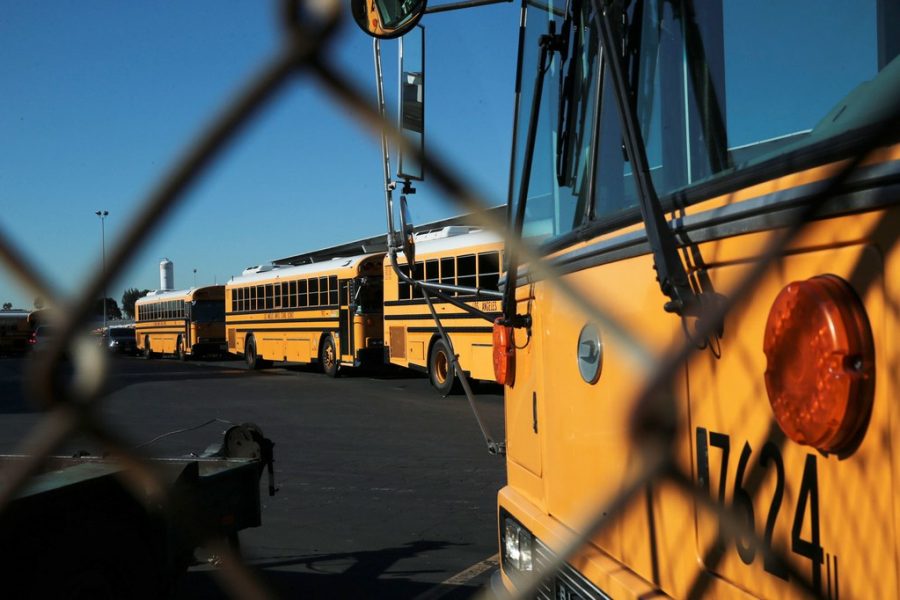PHOTOGRAPH BY MONICA ALMEIDA / THE NEW YORK TIMES / REDUX
Ludlowe’s Education Advantage
Education inequality is plaguing the nation, punishing students of a lower economic class, and rewarding children from higher ones. Many school districts throughout the country are funded based on property taxes. Students in areas with larger and more expensive houses attend schools with more funding. This can be seen at home here in Fairfield, where funding for education is tied to some of the highest property values in the state. Urban areas and lower-income towns are disadvantaged as their property taxes are lower, and thus the amount of money spent on their children’s education is lower. In 2015, Greenwich, which has a comparable demographic and education budget to Fairfield, spent $6,000 more per student than Bridgeport, according to the State Department of Education.
Studies have shown that lower education budgets cause many disadvantages on behalf of students and faculty. Districts with adequate funding have resources that others do not. Students in wealthier districts are able to enjoy extracurricular programs, field trips, state of the art learning facilities, and updated technology. Fairfield Public Schools just supplied thousands of students with new Google Chromebooks, while students in towns such as Bridgeport are forced to use decades-old textbooks in classes filled to the brim with students. Teachers in these districts are forced to work with limited resources and large class sizes, making the already difficult job of teaching even harder. The effects of these conditions show in the standardized testing of students. Students tested on math, English, and college and career skills in Bridgeport received an average of 59.3 percent while students in Darien, a wealthy surrounding town, averaged 93.1 percent. The lack of funding clearly correlates with lower test results, negatively impacting the students and their futures.
The proposition I make does not call for total uniformity for all schools and school districts across the country, but for equity. Not all school districts are the same. Issues that plague working class communities are not the same as those that might be at the center of wealthier communities. Equity calls for providing the services required for that particular school district to succeed. If schools in lower income areas need more social workers and counselors than they should be able to afford them for the betterment of their students. Take some time to think about the privileges that you have in terms of education. Every time that you open your school issued Chromebook or your 2018 edition textbook, be grateful because just ten minutes down the road, a student may be in sitting in a classroom without those resources we often take for granted.
